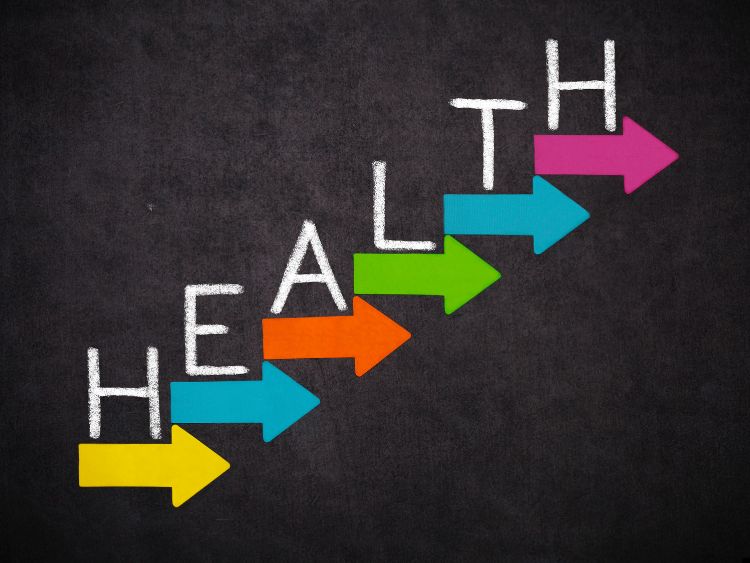Why Mental Health Counseling Matters
Life’s ups and downs can be tough to handle, right? Sometimes, we all need a helping hand to sort through our emotions, relationships, or stress. That’s where mental health counseling steps in. Whether you’re dealing with anxiety, depression, or relationship issues, counseling can give you the tools to regain control and live a more balanced life.
If you’re wondering what counseling involves or how it works, don’t worry—I’ve got you covered. Let’s explore how mental health counseling can positively impact your emotional well-being and when you might want to seek it out.
What Is Mental Health Counseling?
Mental health counseling involves working with a trained professional to address emotional, psychological, or behavioral issues. Counselors use proven techniques to help individuals manage mental health concerns and build healthier coping strategies.
Counseling isn’t just for severe mental health conditions—it’s for anyone feeling stuck, overwhelmed, or uncertain.
Here’s what a counselor can help you with:
- Managing stress and anxiety
- Overcoming depression
- Strengthening relationships
- Coping with trauma or grief
- Improving self-esteem
- Navigating life changes (career, family, etc.)
The Benefits of Mental Health Counseling
You might be asking, “Is counseling really worth it?” Absolutely. The benefits are life-changing for many people. Here are some key advantages:
- Improved Mental Health Counseling gives you tools to reduce anxiety, depression, and negative thought patterns.
- Better Coping Strategies Learn healthy ways to deal with stress, emotional triggers, and life transitions.
- Stronger Relationships Counseling improves communication skills, helping you build healthier relationships.
- Self-Awareness and Growth You’ll gain insights into your emotions and behaviors, empowering you to make positive changes.
- A Safe Space to Vent Sometimes, just talking to someone unbiased can provide relief and clarity.
When Should You Seek Mental Health Counseling?
Not sure if you need counseling? Here are some signs to watch for:
- Persistent feelings of sadness or hopelessness
- Anxiety or panic attacks
- Difficulty focusing or performing daily tasks
- Sudden changes in appetite or sleep
- Trouble in relationships or communication
- Feeling overwhelmed by stress or life challenges
- Experiencing grief, trauma, or loss
If any of these sound familiar, it might be time to reach out. Remember, asking for help is a sign of strength, not weakness.
Common Types of Mental Health Counseling
Counseling is not one-size-fits-all. Different approaches work for different people. Let’s break down the most common types of counseling:
1. Cognitive Behavioral Therapy (CBT)
- Focuses on changing negative thought patterns.
- Helps manage anxiety, depression, and stress.
2. Psychodynamic Therapy
- Explores past experiences to understand current behavior.
- Effective for relationship issues or trauma.
3. Humanistic Therapy
- Encourages self-awareness and personal growth.
- Often used for improving self-esteem and self-acceptance.
4. Family or Couples Counseling
- Helps families or couples navigate conflicts and improve communication.
5. Trauma-Focused Therapy
- Specializes in addressing the effects of trauma and PTSD.
Each method has its strengths, so a counselor can help determine which one works best for you.
How to Choose the Right Mental Health Counselor
Finding the right counselor can feel overwhelming, but it doesn’t have to be. Here are some tips to guide you:
- Identify Your Needs: What are you struggling with? Anxiety, relationships, grief?
- Research Credentials: Look for licensed professionals with experience in your area of concern.
- Read Reviews: Check testimonials to see what others say about the counselor.
- Ask Questions: Don’t hesitate to ask about their approach, experience, and specialties.
- Trust Your Gut: You should feel comfortable and safe with your counselor.
What to Expect During a Counseling Session
Feeling nervous about your first session? That’s totally normal. Here’s a quick breakdown of what you can expect:
- Introductions and Goal Setting Your counselor will ask questions to understand your concerns and what you hope to achieve.
- Open Conversations You’ll talk about your thoughts, feelings, and experiences. Your counselor will listen without judgment.
- Tools and Techniques The counselor might introduce coping strategies or exercises to practice outside sessions.
- Progress Review Over time, you’ll track your progress and adjust goals as needed.
Counseling is a partnership, so it’s important to stay open and honest.
FAQs About Mental Health Counseling
- Is mental health counseling only for people with serious issues?
Not at all! Counseling is for anyone who needs support, guidance, or a safe space to talk. - How long does counseling take?
It depends on your needs. Some people see progress in a few sessions, while others benefit from long-term support. - Will my sessions be confidential?
Yes, counselors are bound by confidentiality laws to protect your privacy, with a few exceptions (e.g., risk of harm). - Can counseling be done online?
Absolutely. Many counselors offer virtual sessions, making it convenient and accessible. - How do I afford counseling if I don’t have insurance?
Look for sliding-scale options, community clinics, or nonprofit organizations that offer affordable counseling.
Final Thoughts: Take That First Step
Mental health counseling can transform lives, helping you manage emotions, grow personally, and build healthier relationships. If you’ve been on the fence about seeking help, now’s the time to take that first step. Remember, you’re not alone—help is always within reach.
Whether you need someone to talk to or guidance to get through life’s challenges, mental health counseling offers the support and tools you need to thrive.
Authoritative Links (Plain Text)
- National Alliance on Mental Illness (NAMI): https://www.nami.org
- American Psychological Association: https://www.apa.org
- MentalHealth.gov: https://www.mentalhealth.gov
- BetterHelp Online Therapy: https://www.betterhelp.com
- SAMHSA’s National Helpline: https://www.samhsa.gov/find-help/national-helpline

